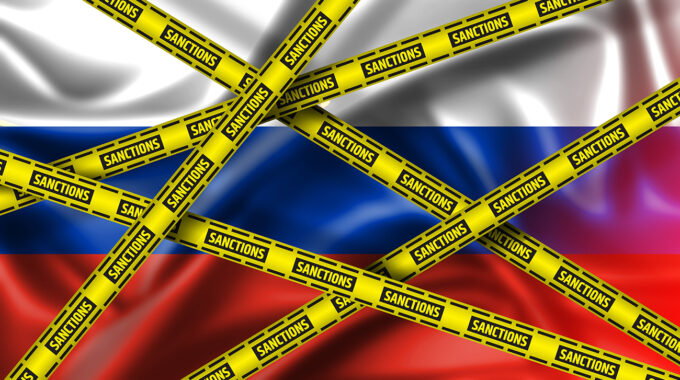European Union Finalizes 19th Sanctions Package Against Russia and Its Key Provisions

On October 23, the European Union completed the approval process for its 19th sanctions package against the Russian Federation, marking a significant step in reinforcing restrictive measures in response to Moscow’s actions.
The decision was made through a written procedure, confirming the readiness of all member states to implement further sanctions.
Details of this new package have been shared by sources from EU Truth, citing the Danish Presidency of the EU Council.
The sanctions include an “energy” component, which bans the import of Russian liquefied natural gas (LNG).
For short-term contracts, this ban will take effect after six months, while long-term contracts will be prohibited starting January 1, 2027, aligning with the EU Commission’s REPowerEU plan to reduce dependence on Russian energy supplies.
Additionally, there are strengthened restrictions against two major Russian oil companies and sanctions imposed on over 100 shadow fleet tankers, bringing the total number of sanctioned vessels to 558.
The “financial” section entails a ban on insurance for Russian planes and ships within five years of their sale to third countries, as well as a full prohibition on transactions with five Russian banks.
The scope of sanctions has expanded to include restrictions on electronic payment systems, notably the Mir system, and targeted banking entities in Belarus and Kazakhstan.
Further measures include prohibitions on transactions with companies and crypto exchanges in Tajikistan, Kyrgyzstan, Paraguay, the UAE, and Hong Kong.
European operators are also barred from entering new contracts with nine Russian special economic zones, and cooperation with Alabuga and Technopolis Moscow is entirely prohibited.
Cryptocurrency services for Russian residents and companies are also under restriction.
Additionally, 45 companies linked to unmanned technologies and other sectors in India, Thailand, China, and Hong Kong have been sanctioned.
Export controls have been tightened to limit Russia’s access to microchips and military-use technologies.
The sanctions list will be expanded further with more entities involved in defense and military development.
Export restrictions on agricultural and industrial goods such as salt, rubber, construction materials, and technological products are also broadened.
Criteria for adding ports involved in the transportation of drones, missiles, or circumventing oil sanctions in third countries have been updated.
A new mechanism limits the movement of Russian diplomats within the EU, with a transitional period of three months.
Measures related to the abduction of Ukrainian children by Russian authorities have been introduced.
Sanctions now extend to artificial intelligence, advanced computing, and space services, requiring prior approval for any services not yet banned.
European operators are also prohibited from providing tourism-related services within Russia.
Historically, EU’s top diplomat Kaja Kallas had predicted that the final approval of the sanctions package might occur on October 23 during the European Council meeting, although several countries, including Slovakia and Austria, voiced their reservations and demanded adjustments, which ultimately were not accommodated.

